Since September 2019, Reforest'Action has been supporting the restoration of Amazonian forest cover by funding an ambitious reforestation project in the state of Rondônia, in the southwest of the Amazon. This region, one of the most deforested in Brazil, is part of the "arc of deforestation", a vast territory where agricultural land has replaced the primary forest. Led by our partner CES Rioterra, this 4-year-old project in the Brazilian Amazon took a new turn in 2022. Discover the actions carried out on the ground for almost a year.
From 2019 to 2021: review of three years of action
The project started in September 2019 pursued two main objectives, articulated around two distinct components. Let's look back at the first three years of the project and the benefits generated.
Component 1: Developing agroforestry
Rooted in the region of Porto Velho, the capital of Rondônia, the first part of the project has made it possible to plant over 123,000 trees in agroforestry on about 110 hectares of land between the years 2019 and 2020.
Within private family plots as well as on on indigenous lands, the implementation of agroforestry systems aimed to establish a sustainable agricultural model in the face of widespread monospecific soybean fields and intensive cattle breeding, which are responsible for deforestation. Working with communities, the NGO Rioterra succeeded in convincing native farmers and families of the need to integrate diverse forest and fruit species into their farmland. The are in fact many benefits: protecting their crops, enriching the soil, but also generating additional and stable income.
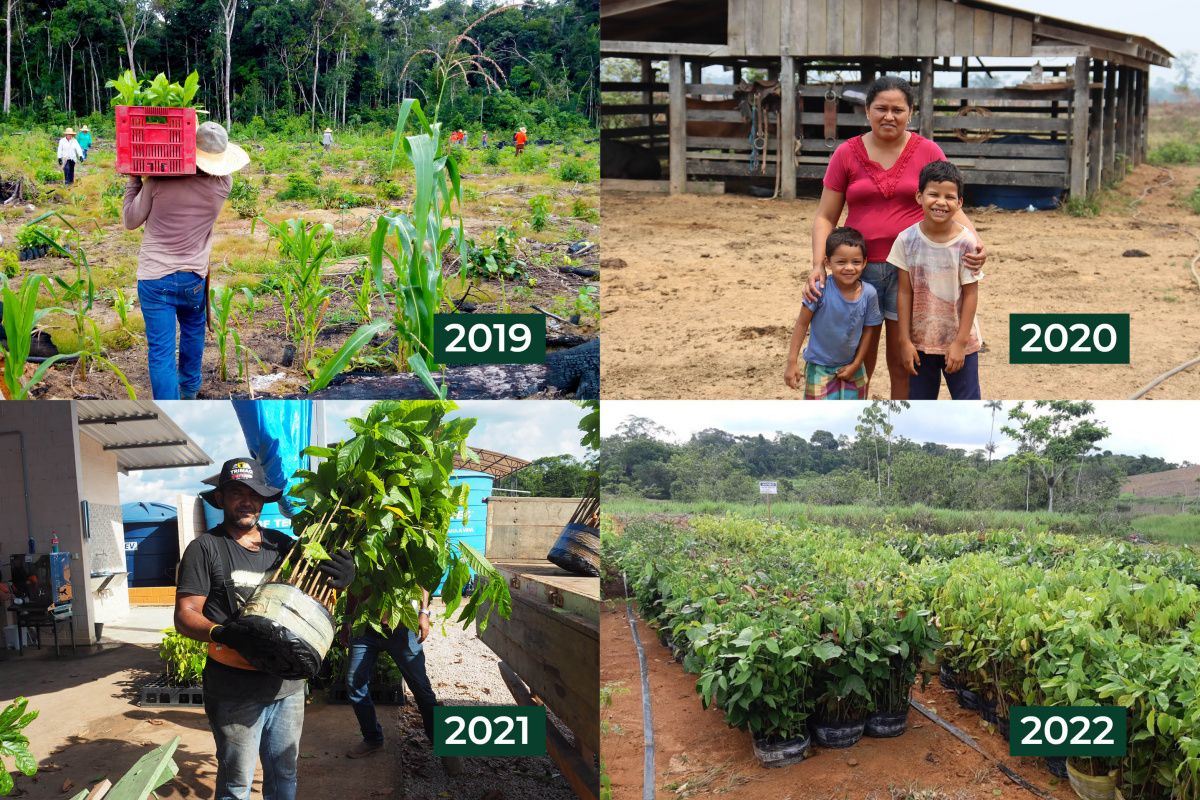
Component 2: Create edible forests
Initiated in October 2020, the second part of the project made it possible to restore illegally degraded former pastures. A total of 251,000 trees from 56 different native species have taken root on 139 hectares of the legally protected "extractivist reserve" of Rio Preto Jacundá.
This restoration project marked the first large-scale Amazonian native flora recovery effort. With the objective of combining the restoration of natural ecosystems with the socio-economic development of communities, a selection of indigenous fruit trees was planted, leading to the creation of edible forests. With free and unlimited access, the production of fruit from the trees is already contributing, and will continue to contribute, to the food security of the traditional populations who have lived in the natural reserve for generations.
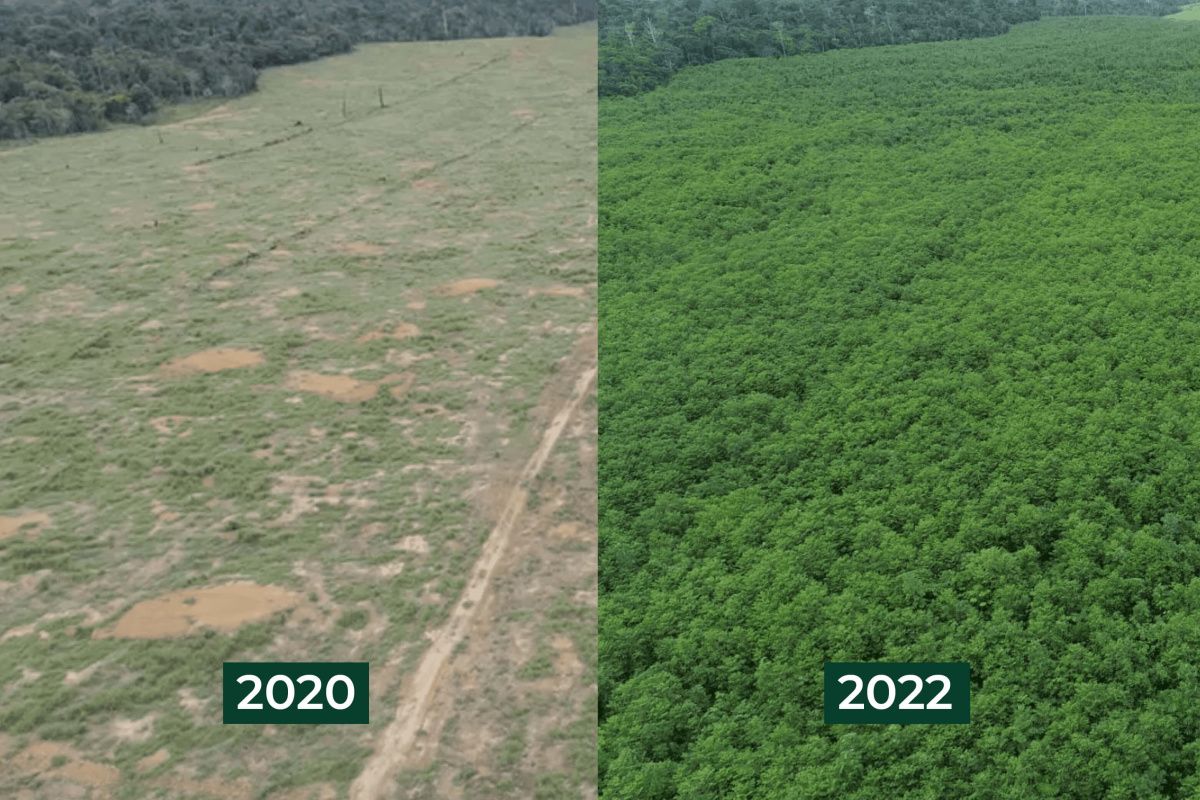
Since 2022: Supporting the CBCA initiative
The 2022-2023 planting season, which began in August 2022, is part of a 250-hectare area, recently granted to CES Rioterra, where the land has been illegally deforested and degraded by intensive cattle breeding. Despite a new turn, the objective of the project remains intact: to restore the Amazon forest cover, preserve its biodiversity and improve the economic conditions of the beneficiaries.
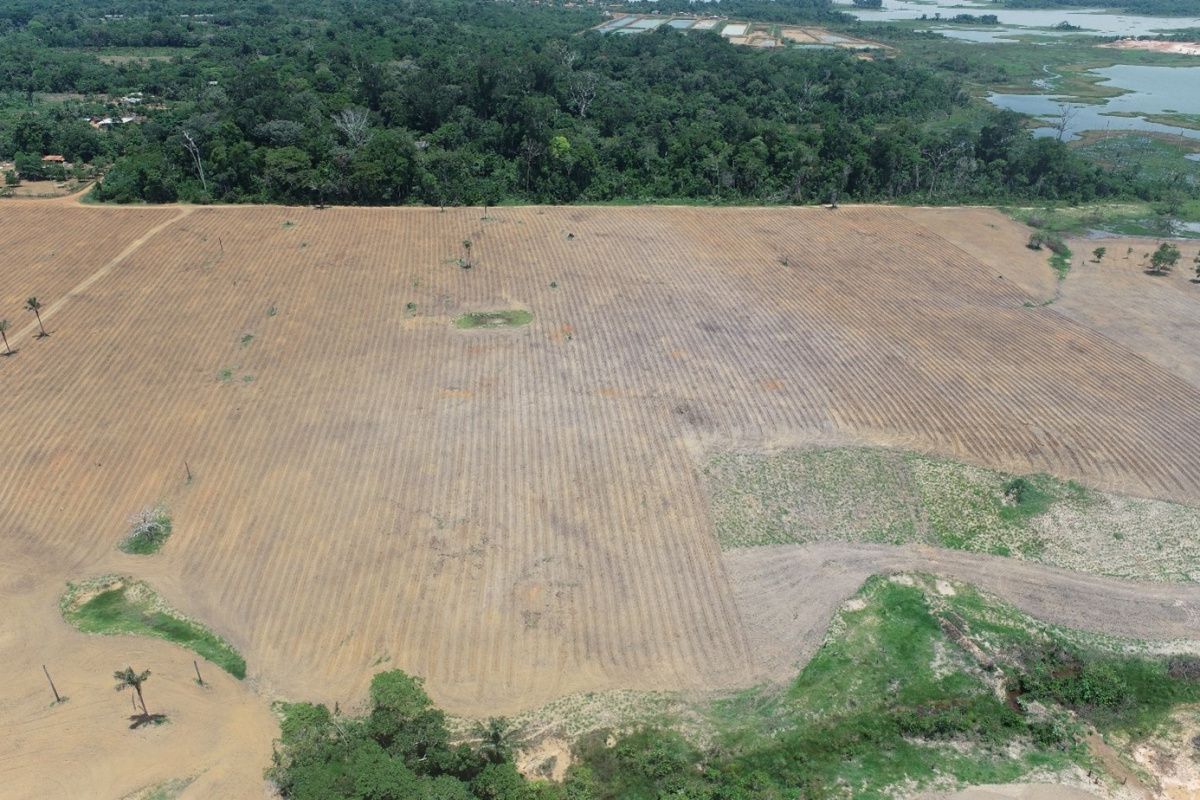
Taking action for the Amazon primary forest
Nursery production, soil preparation and tree planting were conducted in October and November 2022. The new project season resulted in the planting of more than 100,000 trees from 87 native species on 40 hectares of degraded forest. Whereas a 2-week drought, related to climate change, caused the death of some of the trees, all of which were replanted between January and February 2023.
As for the planting method, 2,500 trees per hectare were divided equally between two functional groups: cover and diversity. The "cover" functional group consists of fast-growing species, such as coumarou (Tonka bean tree), which will shade out invasive grasses and develop the structure of the forest, while the "diversity" group includes various endangered native species, such as Amazonian walnut or Brazilian mahogany, which will thrive under the "cover" group and thus ensure the resilience and diversity of the forest in the long term.
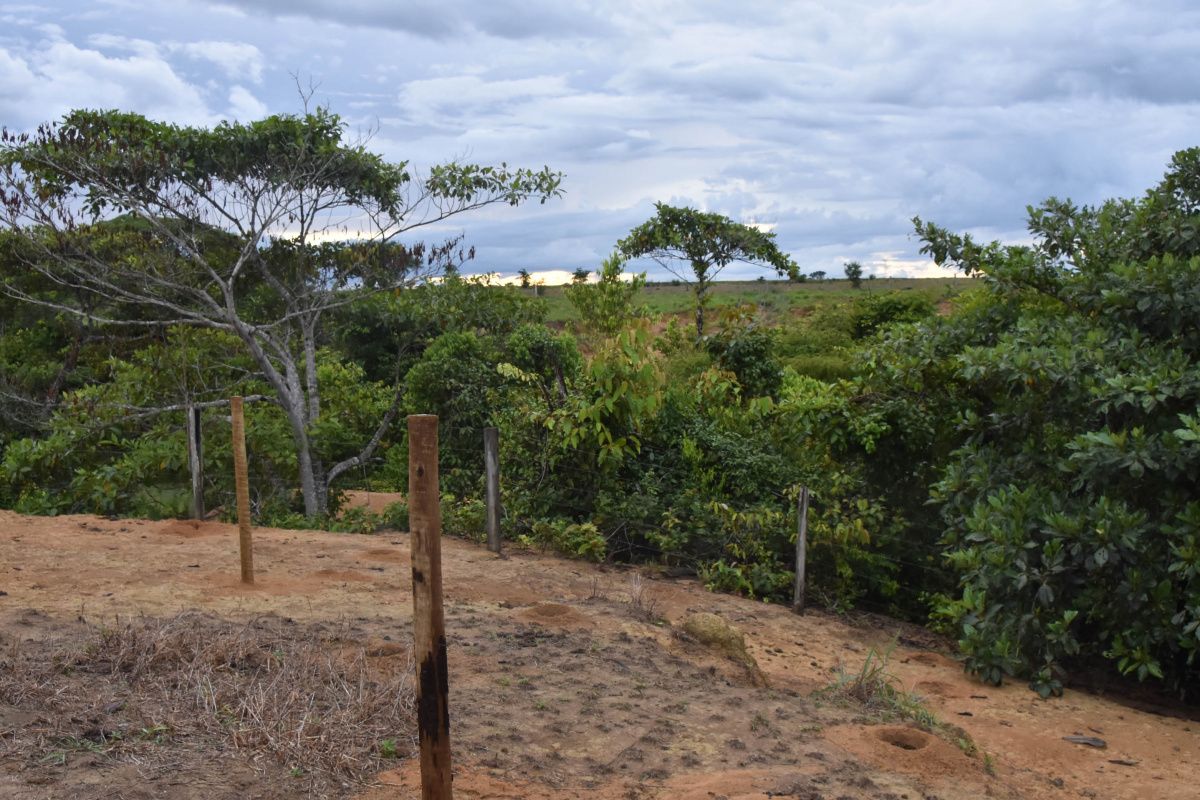
The quality of the plantation activities is enhanced by the strong technical knowledge and experience of our field partner, the Centre for Cultural and Environmental Studies of the Amazon Region Rioterra.
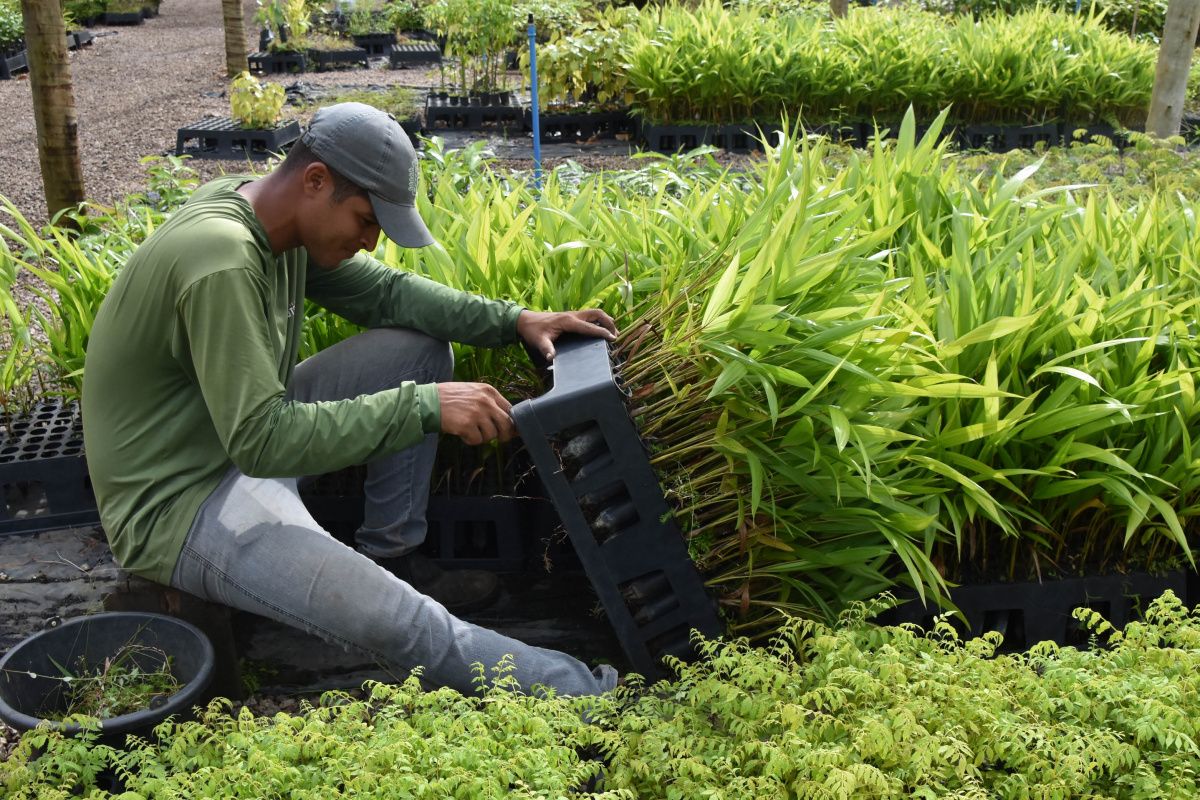
Being part of a global framework: the CBCA
More broadly, the plots to be restored are part of the 900 hectares covered by the Centre for Bioeconomy and Conservation of the Amazon (CBCA). The 40 hectares concerned by the project are thus to be added to the 170 hectares already restored by the CBCA. This initiative, the first of its kind in the Amazon, aims to promote the sustainable development of the Amazon by spreading scientific and empirical knowledge about the necessity of rehabilitate the native vegetation of the Amazon rainforest.
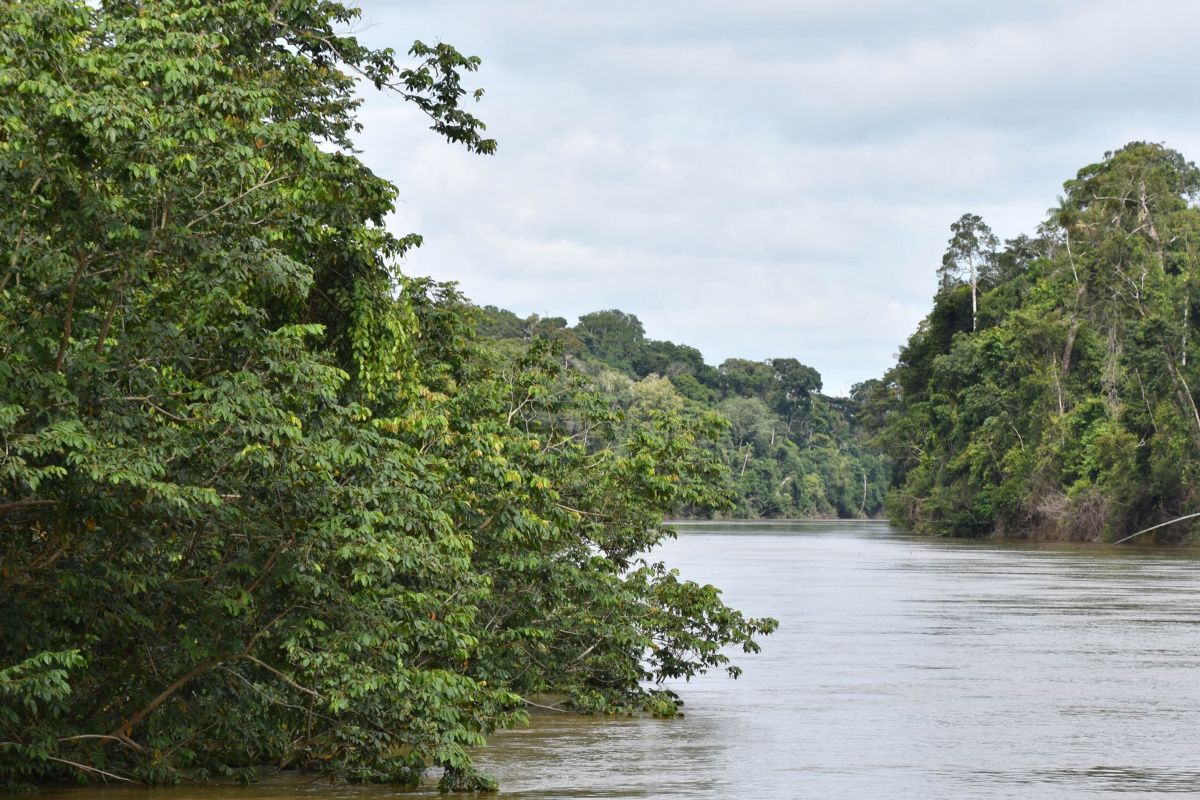
Consequently, the restoration work financed by Reforest'Action contributes to the progress of the CBCA and to the enrichment of the scientific data it disseminates. As the ultimate goal is to maximise the environmental, social and economic impacts of forest ecosystem restoration, the use of the collected results will be extended to the entire Amazon region.
Communities as key players of this new planting season
In the framework of this last planting season, social benefits such as job creation and income generation are made possible through the inclusion of local communities in the restoration process.
To ensure the optimal development of activities, a partnership was established between CES Rioterra and the local association of producers and residents. Local inhabitants were invited to take part in a project's presentation meeting and were then encouraged to participate in the various field tasks. In the end, 52 people lent a hand: 18 to produce the seedlings, 3 to prepare the soil, 24 to plant the trees, 4 cooks and 3 people for support and logistics.
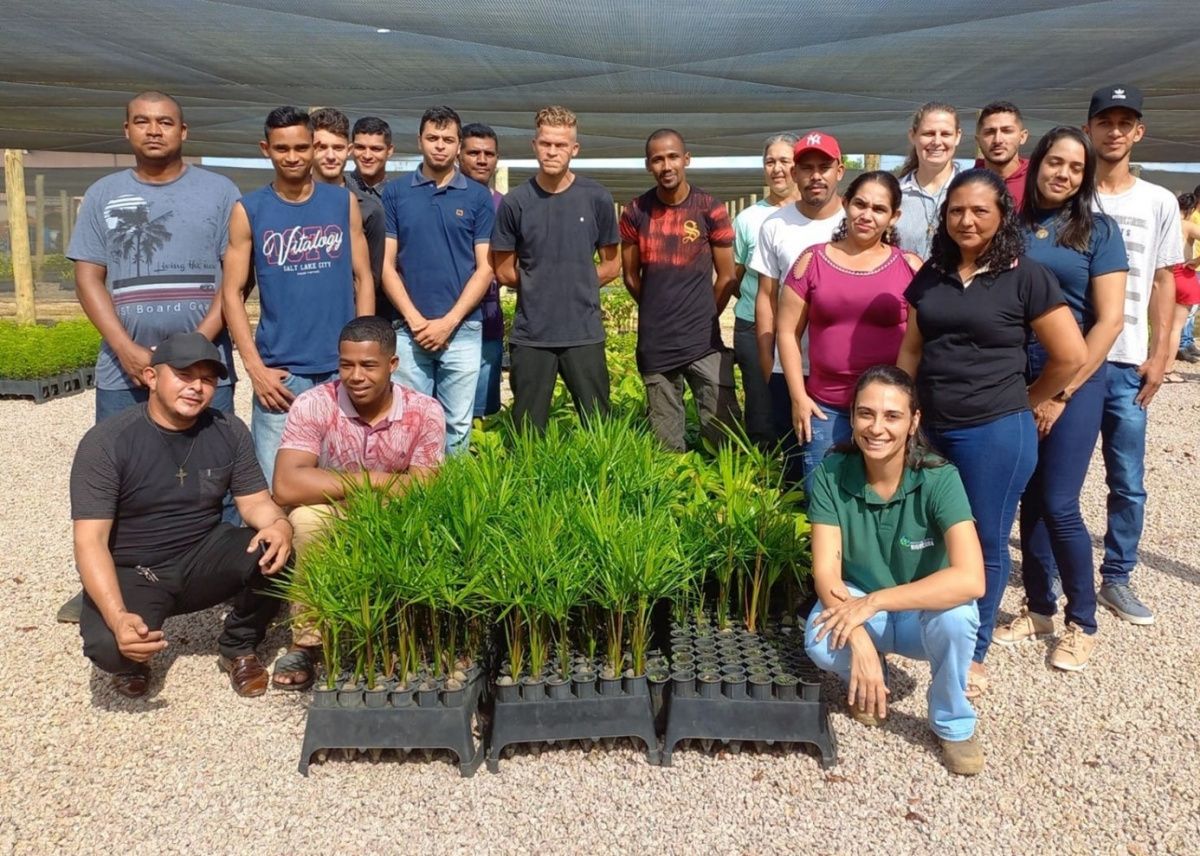
To ensure the sustainability of the project, CES Rioterra continues to work hand in hand with the populations, who will be the driving force behind the monitoring and maintenance of the planted trees in the years to come. Through workshops organized by our partner, the project's 31 beneficiaries have been trained in the preservation of the restored forest plots, so that they can achieve an autonomous development that will benefit their environment. The forestry activities, in addition to contributing to the economic and social development of the communities involved, will also raise awareness among residents and farmers regarding the importance of preserving the Amazonian rainforest and its biodiversity over the long term.